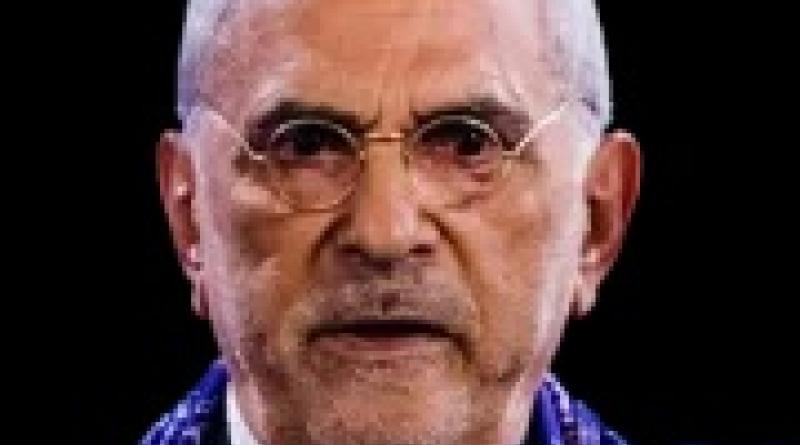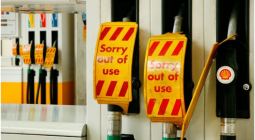For a fraction of Australia’s fighter jet budget, I’d leave East Timor’s fuel in the ground

At the recent UN General Assembly, the president of Vanuatu called on governments to negotiate a Fossil Fuel Non-Proliferation Treaty, a proposal I have supported alongside 100 other Nobel Prize laureates.
Why would I, as president of a fossil-fuel-producing country just north of Australia, support such a treaty? The reason is simple. While threatening our planet’s health, fossil-fuel production also delays a more equitable distribution of wealth globally.
After a recent speech to the National Press Club in Canberra, I was asked to justify the development of Timor-Leste’s oil and gas industry in light of the environmental consequences. Australia is one of the world’s largest gas exporters and the second largest coal exporter, yet by this question it was my country that was implicated as an environmental vandal.
I responded that I was well aware of the environmental damage caused by fossil fuels – the primary cause of the climate crisis. Our planet is literally and metaphorically burning, as seen by record floods, massive wildfires, life-threatening heat events, droughts, intensified storms, and species under threat.
Let us also recognise that this crisis was not caused by everyone equally. It was not countries like mine that have brought civilisation to the brink of a climate calamity, yet we are the ones now facing the immediate environmental and economic consequences. This is a crisis of inequality as much as anything else. In light of this, it is wealthy countries such as Australia, not us, that need to make sacrifices.
High-income countries represent only 16 per cent of the world’s population but are responsible for 74 per cent of resource use. This discrepancy places an unfair burden on low- and middle-income producer countries, which face a serious paradox: while we must increase energy supply and income levels, we must not contribute to the serious effects of climate change.
I, for one, would be happy if my country never had to expand its fossil-fuel industry. But at this time, we remain almost completely dependent on oil and gas revenue, stuck in a system imposed by wealthy nations. We are forced to negotiate the development of the Greater Sunrise oil and gas project with Australia, at an estimated value to Timor-Leste of at least $50 billion, because they say this is our path to prosperity. I would be happy to leave it in the ground, but if we did, we would forego our sovereign development benefits.
What if, instead, high-income countries began to finance a transition so we could build a sustainable society based on renewable energy? I put a price tag of $US100 billion ($153.6 billion) on our needs, less than one-sixteenth of the lifetime cost of the F-35 fighter jet program.
In the context of things, this seems a small price to pay when the future of the planet and civilisation is at stake.
A global transition to renewable energy would equalise the energy problem since energy production using sun, wind and water would be accessible to all. Climate change, on the other hand, leads to social conflict, mass migration and even war. We have a stark choice to make: continue our unhealthy, inequitable practices and wait for conflicts to engulf us, or plan a just transition on a global scale to avoid future climate-related conflicts.
This is what makes a Fossil Fuel Non-Proliferation Treaty a global peace treaty, a valuable policy of deterrence for our time. Such a treaty could be a vehicle for the finance that we need to transition from fossil fuels.
As an international community, we have successfully bonded over the fight against smallpox, polio, the hole in the ozone layer, nuclear proliferation, and the unjust war against Ukraine. If the international community, and particularly the high-income nations, are serious about fixing our climate, they need to do more than simply decarbonise their own economies. They should assist those countries that only now have the opportunity to develop their own national resources and security.
Let us begin using the pledged $US500 billion in international climate funding to achieve a just, global transition from fossil fuels. Let us begin to restore and revive our wounded, wonderful planet.
Dr José Ramos-Horta is the President of East Timor and a 1996 Nobel Peace Laureate.





